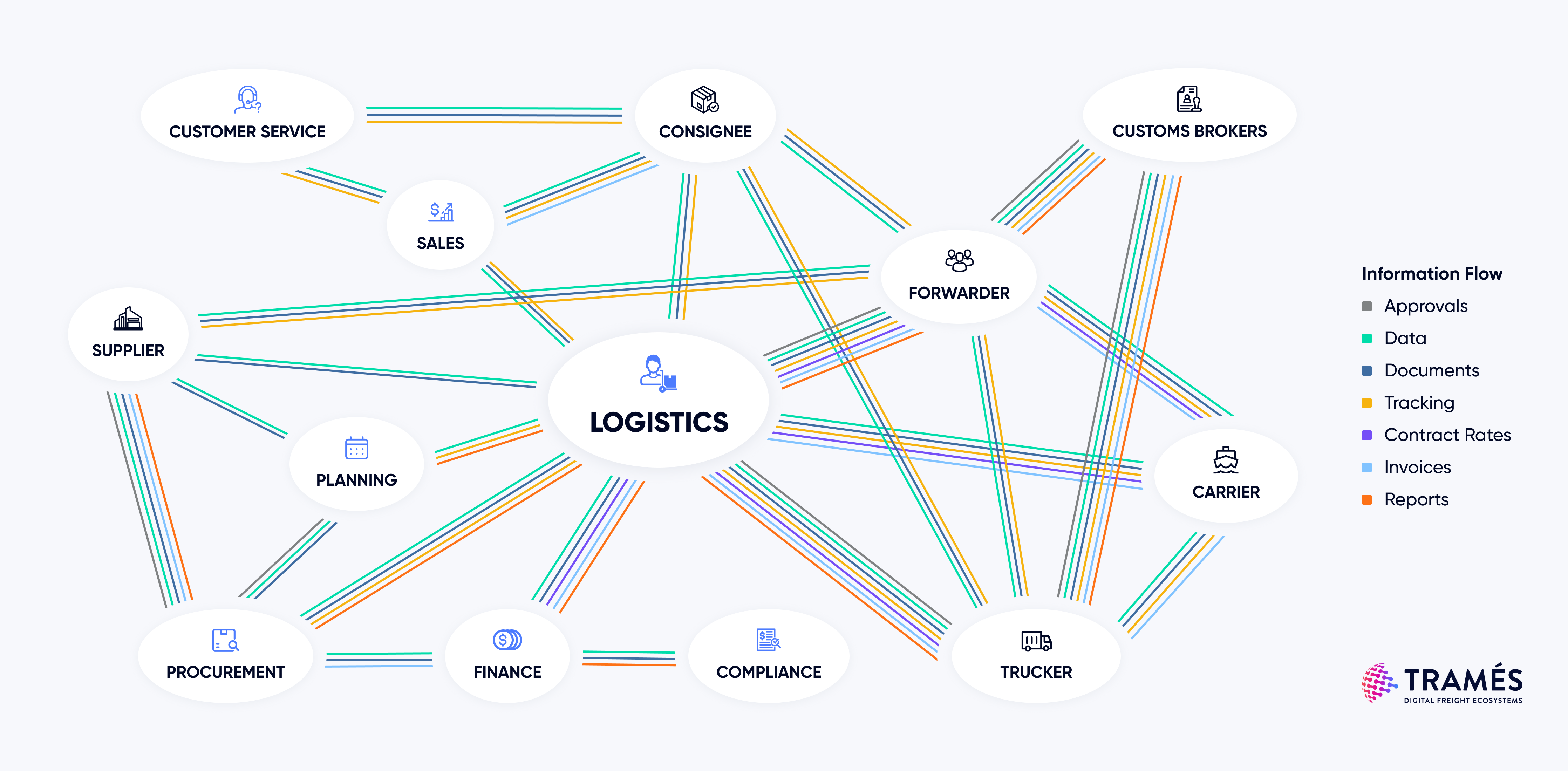Insights

The supply chain is a complex network of interdependent processes, stakeholders, and resources that enable the movement of goods and services from source to end. With so many moving parts involved in the supply chain, it's not uncommon for disruptions and issues to arise, which can greatly impact business operations and customer satisfaction. Root cause analysis (RCA) comes in as a valuable process to identifying underlying issues and developing effective solutions to prevent future disruptions, rather than just addressing the symptoms.
Supply Chain Issues Addressed by Effective Root Cause Analysis
Such disruptions can be costly for businesses, leading to lost revenue, decreased customer satisfaction, and damaged reputation. In many cases, these disruptions are symptoms of underlying issues in the supply chain that need to be addressed to prevent future disruptions.
- Upstream Weak Links
The sourcing & delivery of raw materials is critical to every company’s manufacturing processes. The perfect supply chain will require Raw Material Suppliers, Forwarders, Truckers, CFS (Consolidation Points), Customs, Carriers to work seamlessly together where operational execution happens as planned. Actionable insights will be required to provide supply chain practitioners an in-depth understanding of the weakest links within the sourcing process, so that mitigating actions can be taken, operationally but more importantly, structurally.
- Root Cause of Shipment Delays
Late shipments have a significant impact on a business's bottom line, leading to lost revenue and dissatisfied customers. Root cause analysis can help identify the underlying causes of delays while equipping logisticians with the ability to identify one-off and recurring issues.
- Wrong carrier selection
- Wrong routing selection
- Communication gaps
- Process issues
- Incidences (ie. port congestion, port reliability and scheduling)
Read: Cotton On Drives Actionable Improvements by Digitalising Upstream Root Cause Analysis
Considerations for Long-Term Root Cause Analysis
RCA needs to be conducted in a collaborative and transparent manner by involving all stakeholders who are impacted by the problem. This can help to ensure that all perspectives are taken into account and that the most effective solutions are identified and implemented.
An ideal solution should be able to effortlessly consolidate data through batch uploads or integration, ecosystem collaboration, and seamlessly translate the data into analytics.
RCA is not a one-time exercise. To be effective, it should be an ongoing process that is integrated into the company's operations and performed on a regular basis. This ensures continuous improvements in processes and performances.
Using a tool that automatically generates dynamic analytics can be highly beneficial, as it allows you to review information in real-time at any given moment.
Informed decision-making depends heavily on the integrity and validity of your dashboards. To achieve accurate, meaningful, and reliable analytics, you must have high-quality and consistent data, which can be governed through standardised workflow processes.
It is essential to implement a solution that enables workflow orchestration to ensure process governance and maintain data quality behind your dashboards.
Conclusion
Supply chains need to develop the ability to anticipate disruptions and take appropriate steps to keep a business running. With the technologies available today, what was once a notoriously challenging undertaking has become more manageable and logisticians can now effectively monitor their supply chain and identify early warning signs of potential issues. While it may not be a comprehensive solution, incorporating RCA as an essential component of your supply chain management strategy would provide businesses with the opportunity to make more informed decisions, maintain optimal efficiency across all operations, and proactively address issues before they negatively impact the entire supply chain.
This article is brought to you by Tramés, a comprehensive logistics management solution designed to give shippers complete control and visibility over their freight transport operations. Our agnostic platform digitises and streamlines logistics processes by integrating fragmented data, legacy systems, and a diverse network of partners for a highly efficient supply chain. Book a demo to learn more.



















